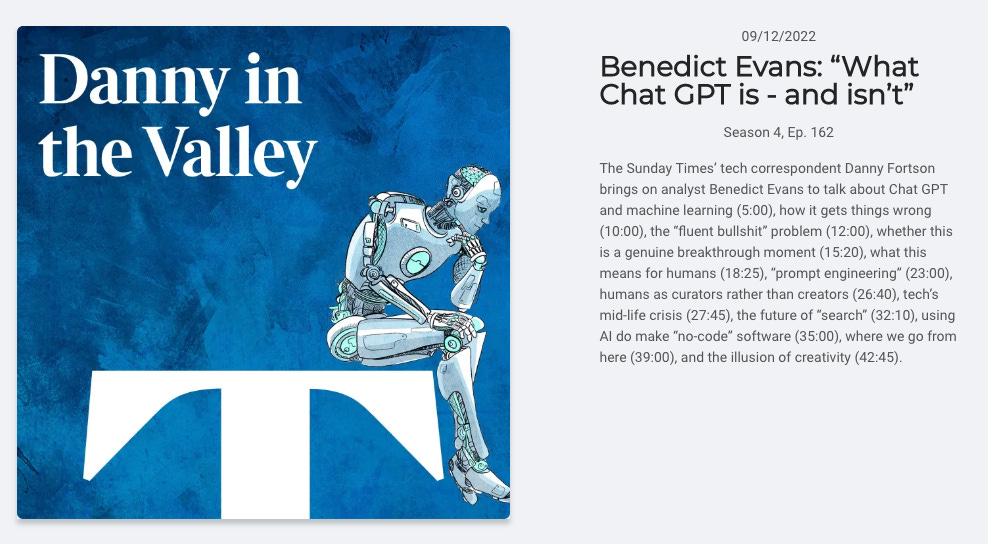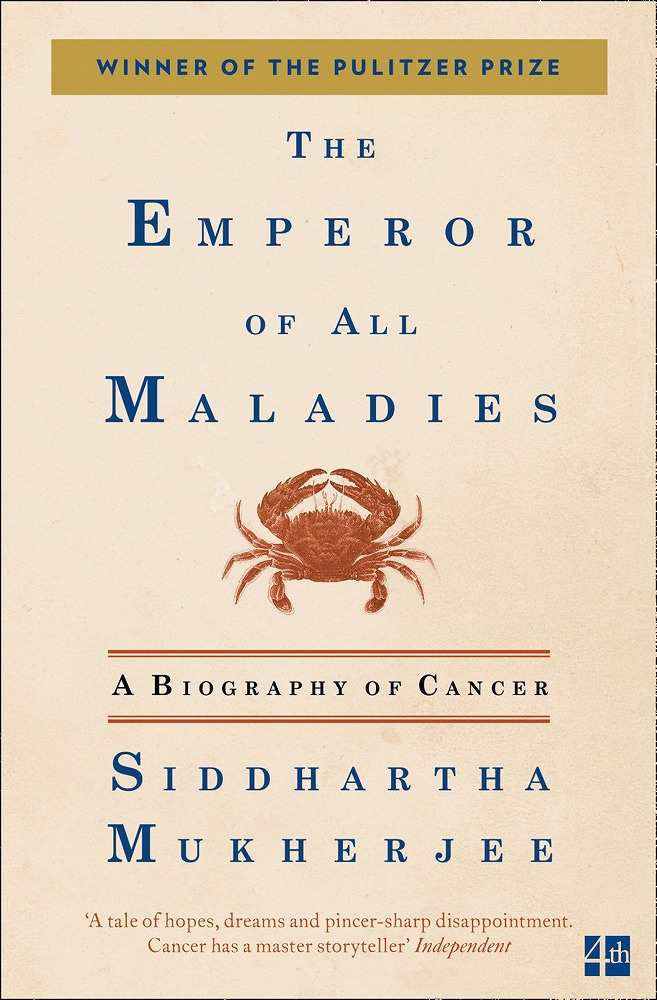
The title gives away why I’ve been missing for nearly two quarters;
burnout
I have spent about 6 months grinding through 55-hour weeks during the lull periods, worse during the peaks, with no clear sense of how I’m driving impact and no clear path to growth, recognition, or getting to some sort of balance. It took a huge toll, and it took a few ripcord moments to get out of it and back on track.
There’s a non-zero chance that you might know exactly what this is like: you’re juggling multiple projects, have impossible deadlines, and the work is high-stakes (and highly visible). All the reasons you love your job, are now caving in on your head.
You find yourself physically, mentally and emotionally spent, overwhelmed and unsure if it makes sense to even show up anymore.
Burnout is a bit of a taboo, especially at the confluence of tech knowledge work x Singaporean-ness: we wear our tiredness like a badge of honour.
I’d like to spend today’s post discussing how I realised I was burnt out, what i did about it, and how I got back to a more balanced state.
🚩🚩🚩 Red Flags 🚩🚩🚩
As with many problematic behaviours, admitting there is a problem is crucial to beginning to rectify it. In my case, it took nearly 4 months for me to even realise I was burning out, because there simply wasn’t time to reflect.
The opportunity came mid-October when after three days of past-midnight and pre-dawn calls, I crashed and… dreamt of spreadsheets. Getting out of bed, I had an inkling that things weren’t right and, running through a mental checklist of burnout signs, found I’d scored my first 100 % on a test in a while - I was:
✅ Exhausted all the time, even after the rare nights where I got enough sleep
✅ Unmotivated/uninterested in my work
✅ Unclear why I was doing my work in the first place, and whether it had any meaning/value
✅ Unable to focus, plan, or make decisions
✅ Feeling physically ill, from bloating and lethargy to headaches, blurred vision and almost no appetite
✅ Feeling disconnected from my family, at times even losing my temper over non-issues
✅ Feeling almost resentful about my wonderful colleagues who didn’t seem to be suffering the same.
✅ Constantly negative about everything
I had a burnout problem, and I wanted to fix it.
🔧🔧🔧 Working On It 🔧🔧🔧
The first step was to call a personal “safety pause": I took a few days off work and spent the whole time reflecting on what was causing my burnout problem, and how I should fix it. I came up with a three point hypothesis
too much I was working on too many things
too little I wasn’t able to drive meaningful impact on any of these things because I was spread too thin and
too bad this had become a negative feedback loop where I took on even more work to compensate for the lack of depth (2)
Once I got there, the next steps were really clear. I needed to:
Say ‘no’ to most things, including ignoring some ‘burning fires’. I spoke with peers, my leadership, and mentors, and everyone agreed I would be better off dropping some things and focussing on quality.
I also realised that I was spending more time figuring out what tasks I needed to do - out of hundreds - than actually doing them. I was constantly rushing to meet deadlines at the last minute because of planning paralysis when I actually had time. Instead, I committed to focussing on just one big thing and three smaller things a day, and making relentless progress on those daily.Say ‘help’ My need to own things 100% and execute end-to-end is a character flaw I’ve sometimes turned into a strength, but it meant that I was averse to ceding control, and I was stubborn about asking for help even when I needed it.
This was no longer working: The projects were bigger, the stakes higher, and the eyeballs on it 10x. I started to delegate more, from deputising team members, to stepping away from execution to focus on strategy, to just asking for help when I got stuck.Say ‘bye’ I had a pretty solid plan to address the work, but I needed a way to stop the work from taking over my life. I needed boundaries. I started being a lot more open about availability and scope with senior stakeholders. I started switching off work notifications during non-work hours, and weekends. I started incorporating regular breaks into my day, something that used to be a mainstay of my workweek but which had faded away.
⚖️⚖️⚖️ Balance ⚖️⚖️⚖️
I now had a pretty good plan to address the actual burnout, and once I put it into motion the results were nearly immediate. However, I needed better systems to prevent it from happening again. Being a creature of habit, I realised that I needed to get back into the routines I had in my life every time I was thriving in the past. I focussed on four things:
Family time with my wife, kids, dog was the best way to detach and heal, and I started treating these times as seriously - or more so - than work commitments. This meant blocking my calendar, setting OOO messages when I had to, and getting truly away from work
Fitness I got back to my regular exercise schedule of three days in the gym, three days of running, and some sort of other exercise every day (washing the car, walking the dog…). I also committed to new habits, like daily pushups, pull ups, squats and mindfulness/breathing.
Rest I stopped attending some of the pre-dawn and post-midnight calls, prioritising at least 7 hours of sleep.
Non-work I carved out blocks of time for the various side projects on my plate, from helping startups, to music, to this newsletter (and something new coming soon - watch this space!). I plan to invest significantly in these areas as I’ve realised it’s a big lever to not burning out.
So what next?
I think it worked; or at least it’s working. This might sound odd given the stage I’m at in my career, but I have never faced burnout until now. It was very foreign, scary, and debilitating.
Coming out the other side of it, I plan to keep the healthier habits and boundaries that I’ve established, and a big part of that will be building out the pursuits I have outside my day job. To that end, expect:
A return to regularly publishing this newsletter, with a focus on the deep dives which I enjoyed writing the most.
A horizontal expansion from here into new content areas.
Startup advisory and coaching slots - I’ll have a schedule up soon but drop me a note in the meantime if relevant.
Shameless plugs for my music.
Onwards!
media I’m consuming this week.
3 recommendations to help you learn and grow.
“What Chat GPT is - and isn’t” - Benedict Evans & Danny Fortson
To say that Chat GPT is capturing the tech world’s collective imagination would be an understatement, but I am always healthily skeptical about hype (here’s looking at you, Clubhouse). I don’t know enough about the topic to be authoritative, but I found this to be a balanced take.
Will the mini Jeep make it to Moab? by c90adventures
A recent trip to the middle of nowhere Australia has reawakened a love for driving into nothingness. Perhaps not on this particular vehicle but I’m planning for ways to get out there. This particular YouTuber is very entertaining!
The Emperor of All Maladies by Siddhartha Mukherjee
Terrifying but also very human, and very much a ‘who is’ of cancer.







I have just spent the last hour immersing myself in your blog, and I am absolutely impressed by the way in which you have described the situations you have encountered and the solutions you have devised. Although this particular article is my favorite, I cannot emphasize enough how valuable it was to read through many of them.